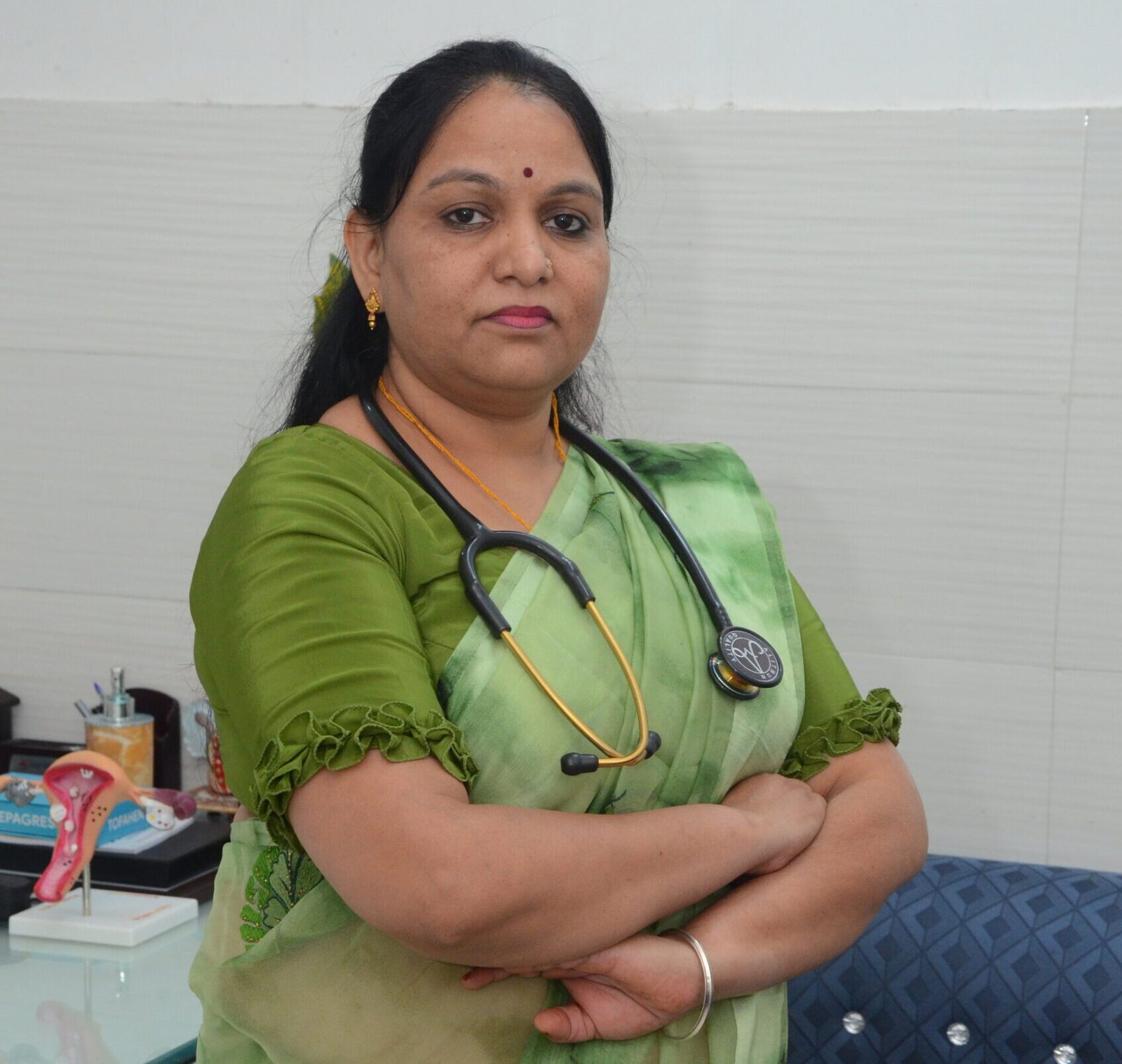Menopause disorders

Menopause is a natural biological process that marks the end of a woman’s reproductive years, typically occurring between the ages of 45 and 55. While menopause is a normal part of aging, it can bring about a variety of physical and emotional changes due to the decline in estrogen and progesterone levels. For some women, these changes can lead to menopause-related disorders, which may require medical attention and management.
Vasomotor Symptoms (Hot Flashes and Night Sweats)
Hot Flashes
Sudden feelings of warmth, usually intense, spreading over the face, neck, and chest, often accompanied by sweating and sometimes followed by chills.
Night Sweats
Episodes of excessive sweating during the night, often severe enough to disrupt sleep.
Sleep Disturbances
Menopause can lead to difficulty falling asleep, staying asleep, or waking up too early. This can be related to night sweats, hormonal changes, or anxiety.

Mood Changes
Hormonal fluctuations during menopause can lead to mood swings, irritability, anxiety, and depression. Some women may also experience feelings of sadness or loss as they transition through menopause.
Vaginal Atrophy and Dryness
Reduced estrogen levels can cause the vaginal tissues to become thinner, drier, and less elastic, leading to discomfort during intercourse, itching, and increased risk of infections.
Urinary Problems
Menopause can contribute to urinary incontinence, frequent urinary tract infections, and a greater urgency to urinate due to changes in the urinary tract and pelvic floor muscles.
Bone Density Loss (Osteoporosis)
The decline in estrogen levels can lead to a decrease in bone density, increasing the risk of osteoporosis and fractures, particularly in the hips, spine, and wrists.
Cardiovascular Disease
The risk of cardiovascular disease increases after menopause, partly due to the decline in estrogen, which has a protective effect on the heart and blood vessels. This can lead to high blood pressure, high cholesterol, and an increased risk of heart attacks and strokes.
Weight Gain and Metabolic Changes
Many women experience weight gain during menopause, especially around the abdomen, due to changes in metabolism and the distribution of body fat. This can increase the risk of developing metabolic syndrome, type 2 diabetes, and other health issues.
Diagnosis and Treatment
Diagnosing menopause-related disorders involves a thorough evaluation of symptoms, medical history, and sometimes blood tests to measure hormone levels. Treatment options vary depending on the specific disorder and its severity:
Hormone Replacement Therapy (HRT)
HRT involves taking estrogen and progesterone to relieve menopause symptoms such as hot flashes, night sweats, and vaginal dryness. It’s important to discuss the risks and benefits with your healthcare provider.
Non-Hormonal Medications
For those who cannot or choose not to use HRT, non-hormonal medications such as antidepressants, anticonvulsants, or blood pressure drugs may help alleviate symptoms.
Surgical OptionsLifestyle Modifications
Regular exercise, a healthy diet, adequate hydration, and stress management can improve overall well-being and help manage symptoms.
Vaginal Estrogen Therapy
This localized treatment can help with vaginal dryness and atrophy without significantly affecting the rest of the body.
Bone Health Management
Calcium and vitamin D supplements, along with weight-bearing exercises, can help maintain bone density. In some cases, medications to strengthen bones may be recommended.
Mental Health Support
Counseling, therapy, or support groups can be beneficial for managing mood changes, anxiety, and depression during menopause.
Vatsalya Hospital’s Approach to Menopause Disorders
At Vatsalya Hospital, Bhilwara, we understand that every woman’s experience with menopause is unique. Our team of gynecologists is dedicated to providing personalized care to help you navigate this transition with confidence and comfort. We offer comprehensive services, including hormone therapy, lifestyle counseling, and treatments for bone health, cardiovascular health, and more.
If you’re experiencing symptoms related to menopause, it’s important to seek medical advice to ensure your health and well-being are protected during this stage of life. Contact us today to schedule a consultation with our specialists at Vatsalya Hospital. Let us help you manage menopause with care and expertise, so you can continue to live a healthy, fulfilling life.

